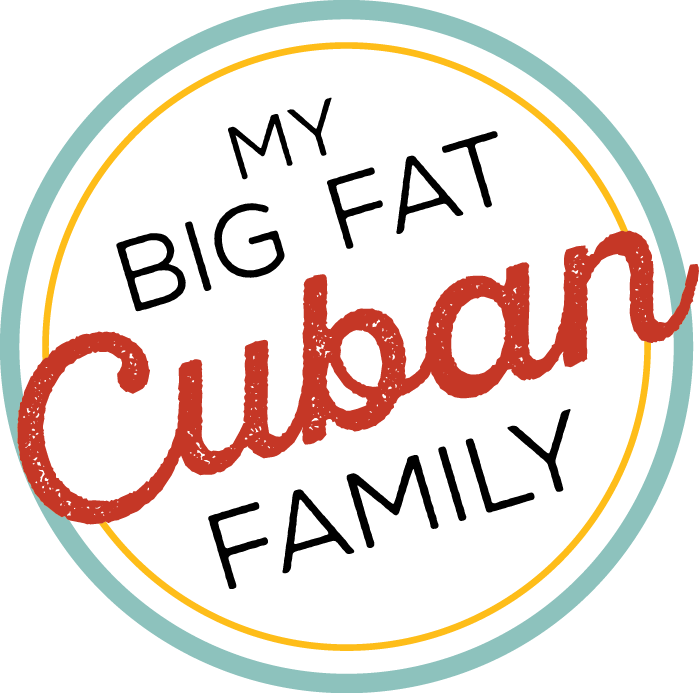Las Hermanitas Verdés
/Because some of you were curious.
Here is our "recently arrived from Cuba" picture. I can see that we obligingly smiled for the camera, but I can also see past the smiles to the pain and confusion we were experiencing. My sisters, from left to right: Miriam, Ofelia, Alina and Helen. That's me with the mop of curls clutching my baby, Pepito. My brother, Rudy, had been sent on to the U.S. ahead of us, because my parents didn't want him to get sent to the work camps in Cuba. He had been taken in by Father Bryan O. Walsh along with a group of other unaccompanied minors. For a family as close as ours, the things that were happening to us were genuinely foreign. It was the spring of 1961 and here we are in Miami waiting for the whole "revolution thing" to blow over. (we're still waiting) I was 5 years old.
I don't know why I always say it that way. "I was 5 years old." I would turn 6 just a couple of months later. But somehow that turning point of "fleeing the homeland," froze time for me. I think it did for all of us.
Miriam, Alina and I started school in Miami in the fall of '61. We spoke a tiny bit of English that we had learned back in Cuba. What little I could say, I gleaned from watching Captain Kangaroo. I remember how enjoyable it was to say "Mister Greenjeans" - phonetically, of course. I also liked to say "Nikita Kruschev." I knew he was Russian and a communist and we didn't like him. But I liked the musical quality of his feminine-sounding (to my ears) name.
We looked different. We dressed different. Our food was different. Yet there were so many of us experiencing the same things. So many Cuban exiles in Miami. When you met another Cuban the first questions were always, "how long have you been here?" and "how did you get out?"
We assimilated. We moved to California. We grew up. We married. We had families of our own.
In our homes we have tokens of our heritage . We drink café Cubano. We pay extra close attention to anything having to do with Cuba on the news. Practically the first thing we tell people we meet is that we're Cuban-Americans. We say it by way of explanation. We leave this part unsaid, but implied - "that's why we're different."
We are different. We are proud U.S. Citizens. We value freedom in a way many born here in the U.S. do not. We value family in a way someone who has never been separated from theirs would not. We pass our heritage on to our children so proudly. We love our culture. We love our food. We love our homeland. We love the USA. We're all about Willy Chirino. We are not dreaming of the day we will return anymore. But we want to see real freedom come to our homeland.
We'll take a little bit of Cuba, please. To go.











